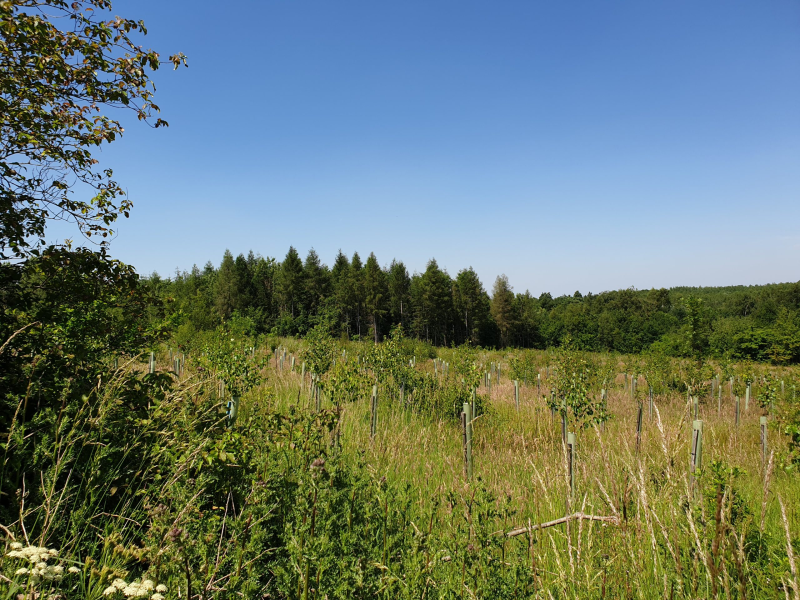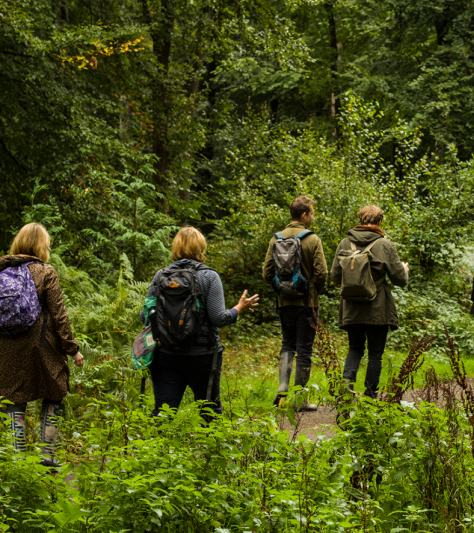RFS Welcomes ‘Clarity’ Call
The Royal Forestry Society (RFS) welcomes the latest Environmental Audit Committee (EAC) report.

The report says greater clarity is needed from Government about the long-term objectives for forestry and timber production.
It also states the UK should do more to meet more of its timber consumption through domestically-grown timber.
RFS Chief Executive Christopher Williams agrees.
He says “ The forestry industry is perfectly placed to help the UK meet its net zero targets. Timber can help replace dependence upon energy intensive and unsustainable materials, particularly in construction. This can be achieved alongside the move to new agricultural and land management schemes.
“Greater and more sustained commitment is required to meet the planting targets. We urgently need to get more woods into active management. None of this can be done without addressing critical gaps in skills and capacity.”
The report is titled: ‘Seeing the wood for the trees: the contribution of the forestry and timber sectors to biodiversity and net zero goals’. It was published on 19 July.
It follows an inquiry launched in July 2022. The inquiry sought to understand how Government’s tree planting programme was helping towards carbon and biodiversity policy objectives. It also looked at how the UK might, inadvertently, be contributing to deforestation overseas. Find out more about the inquiry here.
The RFS was among forestry sector bodies, to submit evidence in September 2022. Read the RFS submission here.
The report states it is: “crucial that the Government is clear on what it requires prospective planters to do, and that it provides competitive and targeted incentives to encourage planting by private landowners.” This is particularly important given the reliance on private landowners to meet its targets.
The Audit Committee and the RFS welcome Defra’s engagement with the nascent National Wood Strategy.
Committing more land for productive forestry is needed as well as a serious effort to get more of our existing woods into management. Only through managing more of our woods can we make them more resilient to pests and a changing climate, and help achieve other objectives such as biodiversity and net zero targets.

